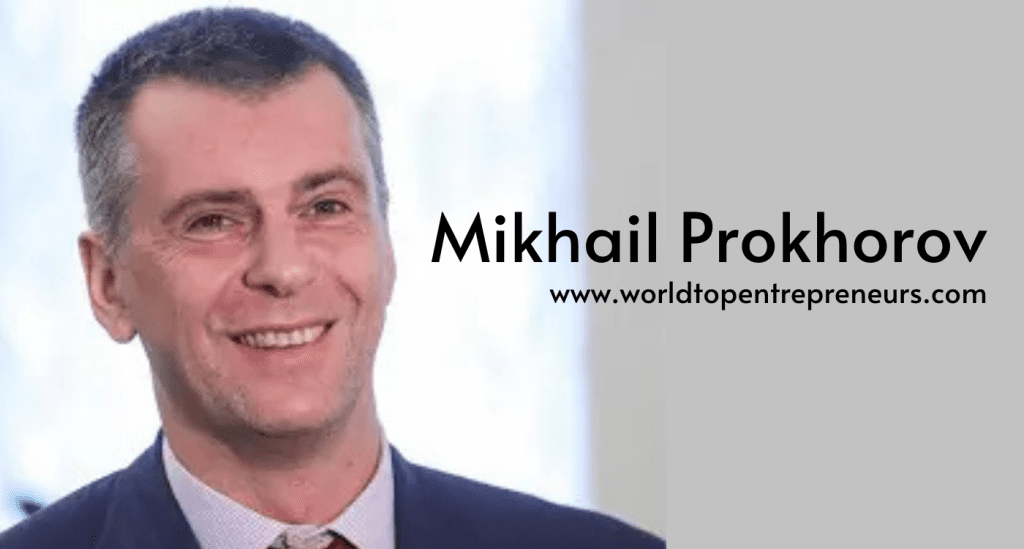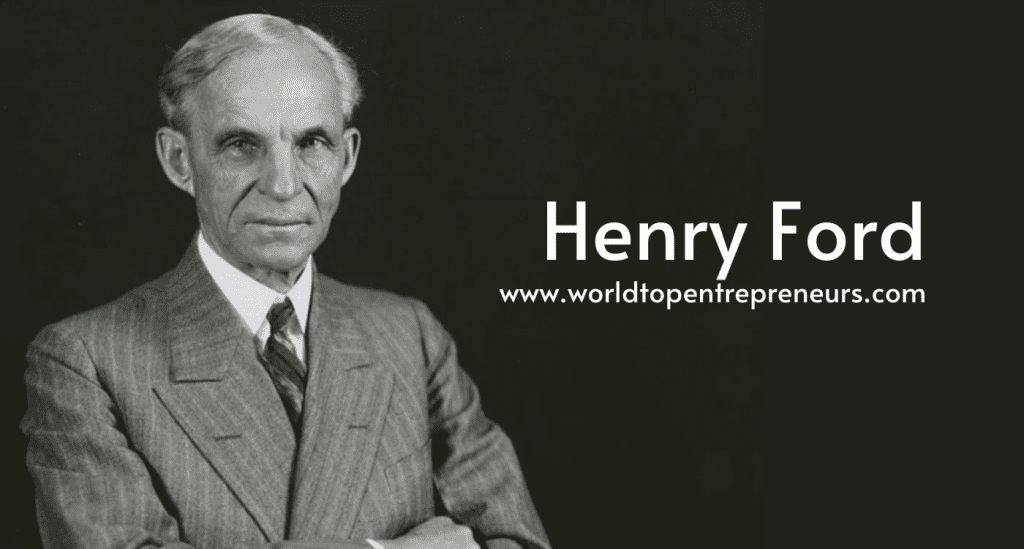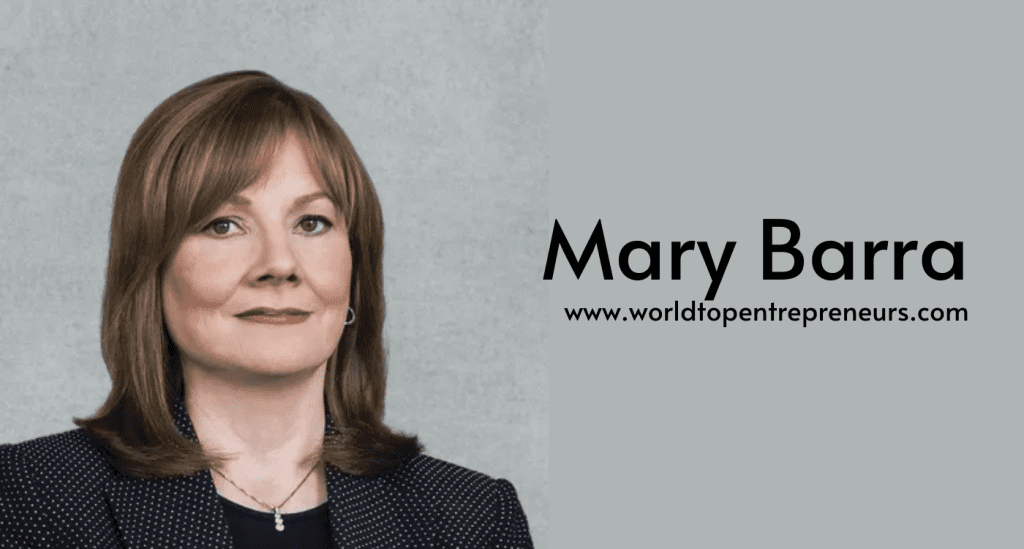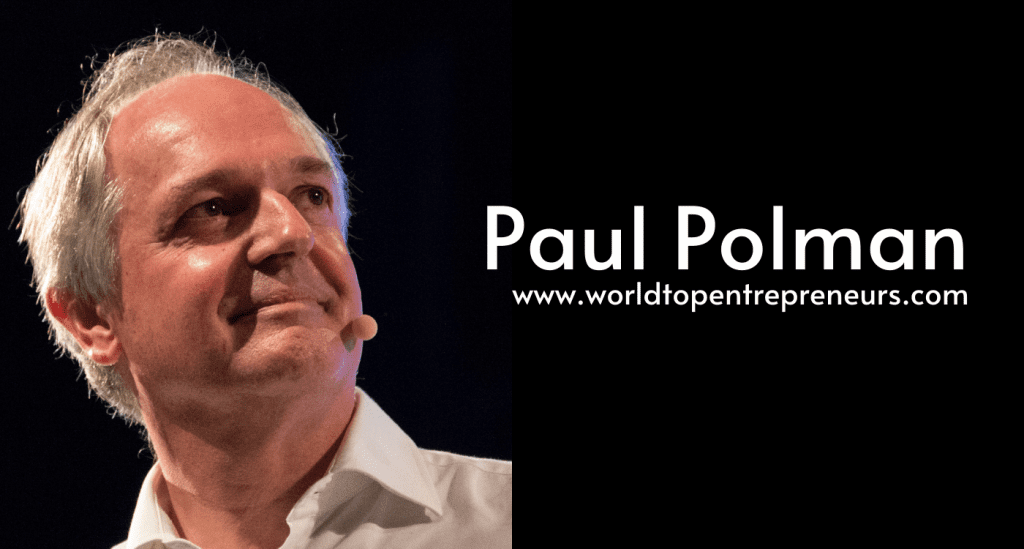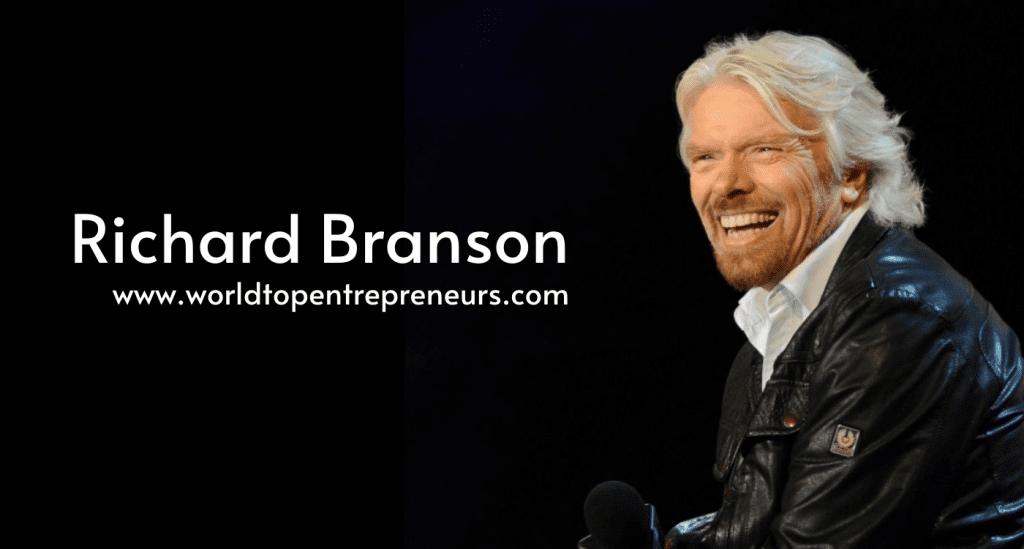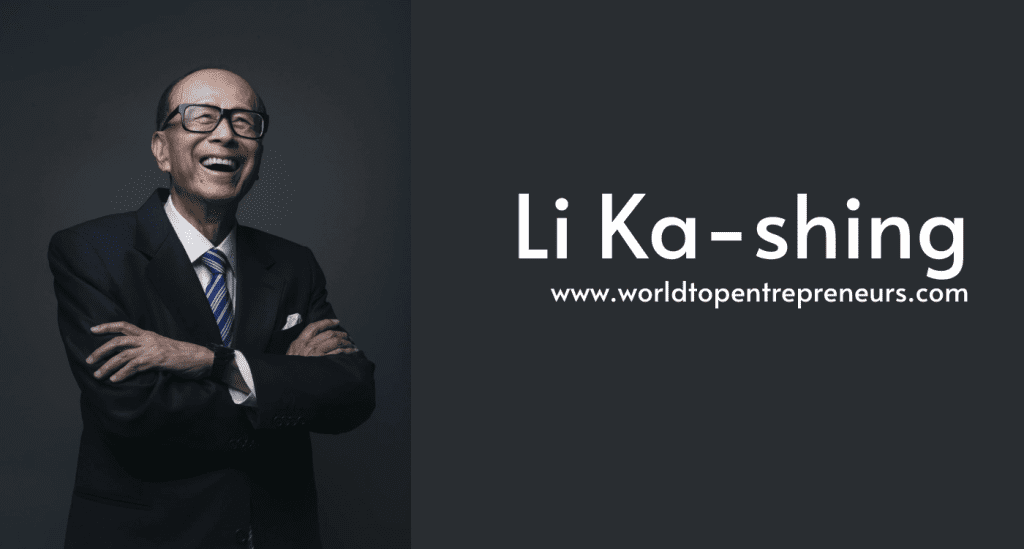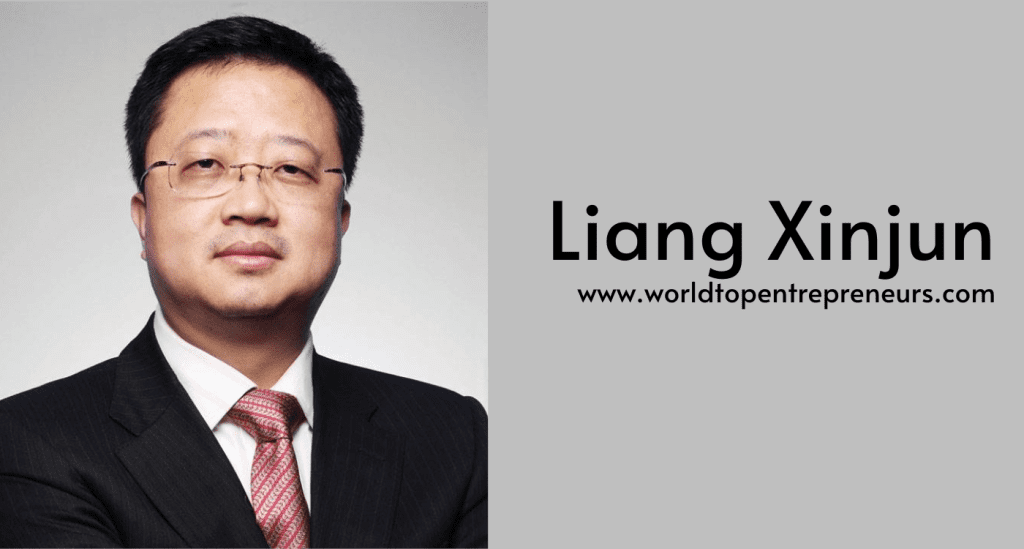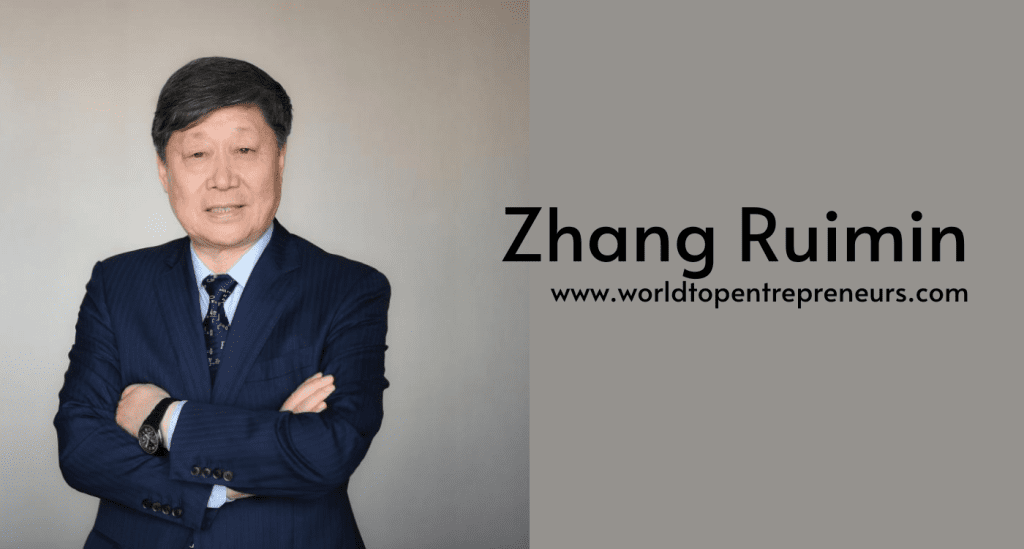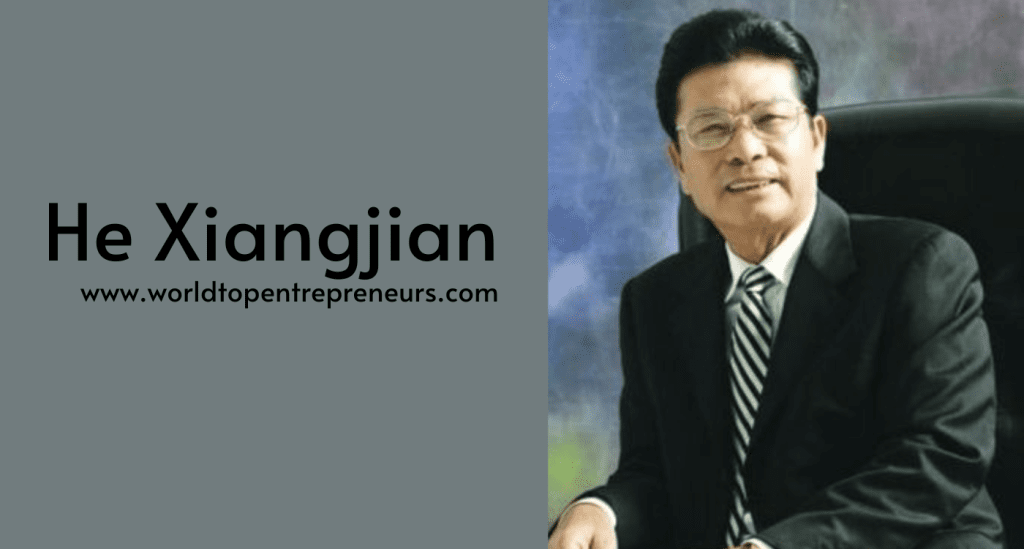Mikhail Prokhorov is one of Russia’s most prominent and successful entrepreneurs, best known for his leadership in the Russian mining industry, particularly as a significant figure at Norilsk Nickel, one of the world’s largest producers of nickel, palladium, and other precious metals. Over the years, Prokhorov has become a symbol of entrepreneurial success, not just in the mining sector but also in finance, sports, and various other industries.
Prokhorov’s journey is a testament to his strategic vision, ability to seize opportunities in uncertain times, and relentless ambition. From his early days in Russia’s tumultuous post-Soviet economy to his rise as a billionaire investor and business magnate, Prokhorov’s career is a remarkable example of navigating both the complexities of Russia’s economic landscape and the global market.
In this blog, we explore Mikhail Prokhorov’s entrepreneurial journey, educational background, business achievements, struggles, successes, and his lasting impact on Norilsk Nickel and beyond.
Early Life and Educational Background
Mikhail Dmitrievich Prokhorov was born on May 3, 1965, in Moscow, into a family with a strong academic background. His father, a professor at Moscow State University, and his mother, a doctor of economics, provided an environment that emphasized education and intellectual growth. Prokhorov’s formative years were shaped by the intellectual rigor of his family, which likely influenced his later pursuits in business and finance.
Prokhorov attended the Moscow Finance Institute, where he earned a degree in economics. This education laid the foundation for his understanding of financial systems and the world of business. His early exposure to economics would serve him well as he later navigated the complexities of the rapidly changing post-Soviet economy. Prokhorov’s educational background not only provided technical expertise but also honed his analytical thinking, which would become critical in his entrepreneurial ventures.
Entering the Business World: The Birth of Onexim Group
Mikhail Prokhorov’s entrepreneurial journey began in the late 1980s, during a time of economic transition in the Soviet Union. Following the dissolution of the USSR in 1991, Russia was undergoing a radical shift from a planned economy to a market-driven one, presenting both challenges and opportunities for aspiring entrepreneurs.
In 1993, Prokhorov co-founded Onexim Group, an investment company that would become the vehicle for many of his future ventures. Onexim focused on investments in a variety of sectors, including banking, natural resources, and metals. His first major breakthrough came when Onexim acquired a stake in Norilsk Nickel, which would later become one of his most successful and high-profile investments.
Business Background: Mikhail Prokhorov and Norilsk Nickel
Norilsk Nickel, also known as MMC Norilsk Nickel, is a giant in the global mining industry, particularly in the production of nickel and palladium. The company operates some of the largest mining and refining operations in Russia and is a key player in the global metals market. Norilsk Nickel’s assets, located primarily in the Krasnoyarsk and Murmansk regions of Siberia, have made it one of the world’s most important producers of essential metals used in industries ranging from electronics to automotive manufacturing.
Prokhorov’s Onexim Group initially acquired a controlling stake in Norilsk Nickel in the early 2000s. Under Prokhorov’s leadership, the company underwent a period of significant expansion. He focused on modernizing Norilsk Nickel’s operations, improving efficiency, and raising the company’s profile in international markets. Prokhorov’s role at Norilsk Nickel helped establish him as one of the most influential figures in the global mining sector.
As the company’s leadership continued to evolve, Prokhorov solidified his position as a driving force behind Norilsk Nickel’s success, pushing for technological innovations in mining and refining processes. His leadership also helped secure Norilsk Nickel’s dominance in the global market for nickel, palladium, and platinum group metals, which are essential in a wide range of industrial applications.
Major Struggles and Challenges
While Mikhail Prokhorov’s career is filled with achievements, it hasn’t been without its struggles. His entrepreneurial journey has been shaped by numerous challenges, both personal and professional, particularly during the turbulent economic periods in Russia.
- Navigating Russia’s Post-Soviet Economy: Like many entrepreneurs in Russia during the 1990s and early 2000s, Prokhorov faced immense uncertainty and instability in the wake of the Soviet Union’s collapse. The process of transitioning from a centrally planned economy to a market economy was fraught with challenges, including rapid inflation, political instability, and a lack of clear legal frameworks for private enterprises. Despite these difficulties, Prokhorov’s early investments in the emerging private sector laid the groundwork for his later success.
- Corporate Governance Issues and Ownership Disputes: One of the key struggles during Prokhorov’s time at Norilsk Nickel was a series of ownership disputes with other stakeholders in the company, particularly with Roman Abramovich, the Russian billionaire and owner of the Chelsea Football Club. These disputes centered around the division of shares in the company, and at one point, Prokhorov and Abramovich’s differing visions for the future of the company led to a bitter and public conflict. In 2008, Prokhorov eventually sold his stake in Norilsk Nickel, exiting the company and ending his direct involvement in the management of the business.
- Political and Regulatory Challenges: As a prominent businessman in Russia, Prokhorov faced the challenges that come with working in a politically sensitive environment. The Russian business landscape has long been marked by the influence of powerful political figures and regulatory changes that can impact businesses. Prokhorov’s relationships with various stakeholders, including the Russian government, were critical in helping him navigate these challenges, but the ever-shifting political landscape posed significant risks.
- Global Economic Volatility: Like other natural resource companies, Norilsk Nickel was vulnerable to fluctuations in the global commodity market. The prices of nickel and palladium, which are closely tied to global economic conditions, can be highly volatile. The global financial crisis of 2008, in particular, had a major impact on the metals market, which in turn affected the profitability of companies like Norilsk Nickel. Despite these challenges, Prokhorov’s leadership and diversified investments helped the company stay resilient.
Successes and Achievements
Despite these obstacles, Prokhorov’s career has been marked by numerous successes, both within Norilsk Nickel and in other ventures. Here are some of his most notable achievements:
- Global Recognition as a Metals Magnate: Prokhorov’s strategic investments and leadership helped Norilsk Nickel become one of the top producers of nickel, palladium, and platinum group metals globally. Under his stewardship, the company maintained a dominant position in the metals market, capitalizing on rising global demand for these critical resources. By modernizing operations and optimizing supply chains, Prokhorov helped Norilsk Nickel expand its global reach.
- Diversification into Other Industries: Beyond his work with Norilsk Nickel, Prokhorov has successfully diversified his business interests through his company, Onexim Group. His investments span multiple sectors, including energy, technology, and banking. One of his most high-profile investments was in the Russian mobile phone company Yota, which later became a leader in the 4G LTE space.
- Sports Investments: Prokhorov gained international attention when he purchased the Brooklyn Nets basketball team in 2010, making him the first Russian billionaire to own a major American sports franchise. His acquisition of the Nets was part of his broader investment strategy to increase his presence in global media and sports. He later sold his stake in the team, but his time as an owner was notable for efforts to raise the profile of the franchise and his push to relocate the team to Brooklyn, New York.
- Philanthropy: Prokhorov has also made significant contributions to philanthropy, particularly in the areas of education, sports, and public health. His philanthropic activities reflect his desire to give back to society and promote social causes. Prokhorov has supported various initiatives in Russia and abroad, focusing on creating opportunities for young people and promoting cultural and scientific development.
Conclusion: Mikhail Prokhorov’s Legacy
Mikhail Prokhorov’s journey from a young economist to one of Russia’s most influential and successful entrepreneurs is a remarkable story of vision, resilience, and strategic thinking. Through his work at Norilsk Nickel, Prokhorov helped the company become a global leader in the mining industry, significantly contributing to the Russian economy.
Beyond mining, Prokhorov’s investments in sports, technology, and finance have solidified his position as a diversified and forward-thinking business mogul. Though he faced numerous challenges in his career—ranging from ownership disputes to political and economic uncertainties—his ability to adapt and innovate allowed him to continue expanding his influence

